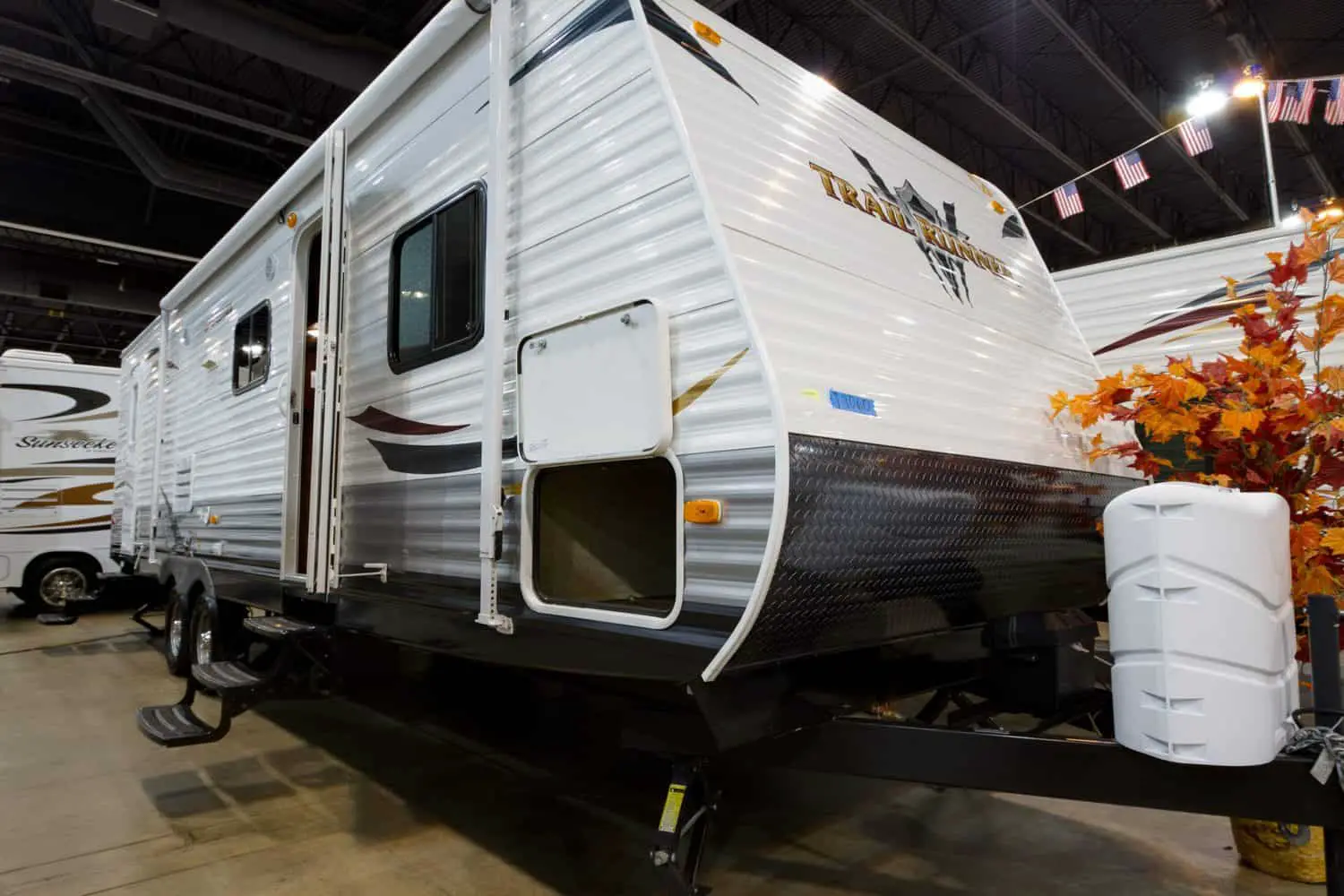Introduction to Camper Sizes: Finding the Perfect Fit
Choosing the right camper size can be a daunting task, especially with the wide range of options available in the market. This guide aims to help you understand the various camper sizes, and assist you in finding the perfect fit for your needs. Let’s dive in and start comparing camper sizes.
Small Campers: Compact Convenience for Short Trips
Small campers usually range from 10 to 20 feet in length. These compact campers offer several advantages:
- Easier to maneuver: Due to their size, small campers are easier to drive and park in tight spaces.
- Lower costs: They are generally more affordable to purchase, maintain, and insure.
- Fuel efficiency: Smaller campers typically consume less fuel, saving you money on gas.
- Wide range of vehicles: Many small campers can be towed by lighter vehicles such as SUVs and minivans.
Popular small camper models include the Airstream Basecamp and the Happier Camper HC1.
Medium Campers: Versatility for Various Adventures
Medium-sized campers, which range from 20 to 30 feet in length, provide a balance between comfort and convenience. Some benefits of medium campers include:
- More living space: Medium campers offer more space for sleeping, cooking, and lounging compared to small campers.
- Moderate towing requirements: These campers can be towed by a wider range of vehicles, including trucks and larger SUVs.
- Flexible layouts: Many medium-sized campers offer customizable floor plans to accommodate various travel preferences.
Examples of medium-sized campers are the Lance 2465 Travel Trailer and the Oliver Legacy Elite II.
Large Campers: Spacious Luxury for Extended Travel
Large campers typically measure 30 feet or more in length. They provide ample space and luxury for extended travel or full-time living. Some advantages of large campers include:
- Spacious living areas: Large campers can comfortably accommodate multiple people and offer extensive storage options.
- Residential amenities: These campers often feature full kitchens, bathrooms, and entertainment systems, making them a true home away from home.
- Slide-outs: Many large campers have slide-outs, which expand the living space even further.
Some popular large camper models are the Grand Design Reflection and the Jayco Eagle.
Towing Considerations: Matching Your Vehicle and Camper Size
When selecting a camper, it’s essential to consider your towing vehicle’s capabilities. Ensure that your vehicle’s towing capacity aligns with the camper’s weight. Check the owner’s manual or consult the manufacturer for towing capacity details. Additionally, consider investing in towing accessories, such as sway control systems, to improve safety and stability on the road.
Take a look at our article on: What Size Truck Do I Need To Pull A Travel Trailer? A Guide To Safe Towing
Budget and Maintenance: Costs Associated with Different Camper Sizes
Different camper sizes come with varying costs, not only in terms of purchase price but also ongoing expenses. Smaller campers generally require less maintenance and have lower insurance costs. Conversely, larger campers may have higher operating costs due to increased fuel consumption and maintenance needs. It’s important to factor in these costs when determining which camper size is right for your budget.
Lifestyle and Travel Preferences: Aligning Your Needs with Camper Length
To find the ideal camper size, consider your travel preferences and lifestyle:
- Frequency and duration of trips: If you primarily take weekend trips or short vacations, a small or medium camper might be sufficient. For extended trips or full-time living, a larger camper may be more suitable.
- Destination types: Small campers are ideal for remote or off-grid locations with limited access, while larger campers are better suited for RV parks and campgrounds with full hookups.
- Traveling companions: Consider the number of people and pets that will accompany you on your adventures. Larger campers can better accommodate larger groups or families.
- Storage requirements: Think about the gear and personal items you’ll need for your trips. A larger camper will provide more storage space for belongings.
As you continue to research and explore the world of campers, remember to:
- Test drive or rent: Before making a purchase, consider test driving or renting different camper sizes to gain firsthand experience. This will help you determine the best fit for your unique needs.
- Join RV communities: Connect with other RV owners through online forums, social media groups, or in-person events. These communities can provide valuable insights, tips, and advice on choosing the right camper size.
- Visit RV shows and dealerships: Attending RV shows and visiting dealerships will give you the opportunity to see various camper sizes and models up close. Compare features, ask questions, and take notes to help inform your decision.
Final Thoughts: Choosing the Right Camper Size for Your Unique Journey
Selecting the perfect camper size ultimately depends on your personal needs, travel preferences, and budget. By considering factors such as towing capacity, ongoing costs, and lifestyle, you’ll be well-equipped to make an informed decision. Whichever camper size you choose, embrace the freedom and excitement that come with life on the road. Happy camping!
By taking these steps and considering all the factors outlined in this guide, you will be well on your way to finding the perfect camper size for your next adventure. Remember, the journey is just as important as the destination, so choose a camper that enhances your travel experience and makes you feel at home on the road.
Good luck, and happy camping!
Check out our article on: 15 Small Campers For Weekend Getaways And Short Trips

